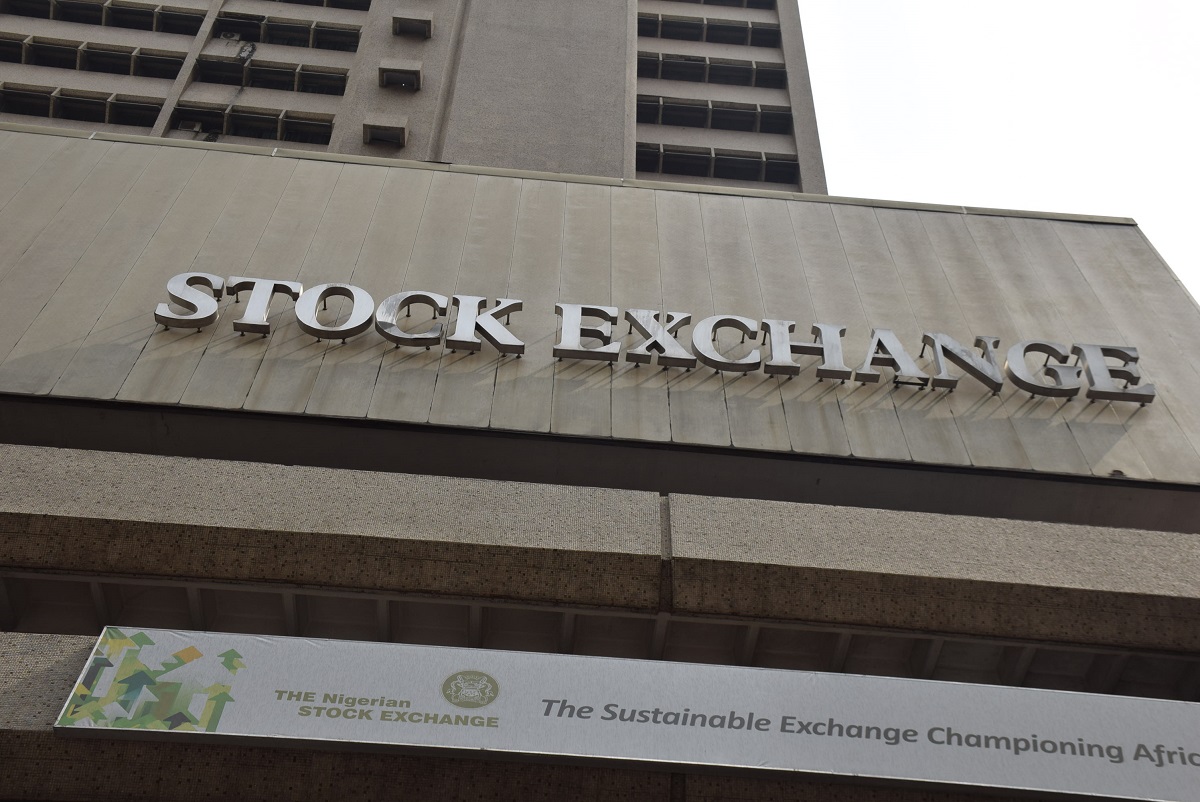The Nigerian Stock Exchange (NSE) delisted 22 companies between 2016 and 2017 for non-performance and failure to meet the required post-quotation standards.
The delisted companies include Cappa and D’Alberto, Intercontinental Bank Preference shares, IPWA, G Cappa and West African Glass Industries.
Others are Investment & Allied Insurance, Alumaco, Jos International Breweries, Adswitch, Rokanna, Vono Products, Lennards Nigeria, P.S. Mandrides & Company, Premier Breweries, Costain, Navitus Energy, Nigerian Ropes, Beco Petroleum, M Tech Communication, MTI, UAC and Ashaka Cement.
However, Seven-Up Bottling Company, African Paints and Afrik Pharmaceuticals were delisted in 2018.
Advertisement
Delisting is the process of removing a company from the official list of the stock either voluntarily or by compulsion.
NAN reports that under a voluntary delisting window (which seldom happens), a quoted company can decide to delist from the exchange due to reasons such as merger/acquisition.
On the other hand, the NSE can compulsorily delist a firm when it fails to meet up with post-quotation standards.
Advertisement
The exchange, however, listed only five new companies: The Initiatives, in 2016, while Transcorp Hotels, Global Spectrum Energy Service, Jaiz Bank and Med-View Airline were listed in 2017.
Oscar Onyema, chief executive officer, NSE, said recently that companies in their life cycle would be listed, while others would be delisted over time.
“Companies will delist for different reasons from voluntary to regulatory delisting, mergers and acquisitions and other things that would cause them to delist,” he said.
“Our job is to make sure that we make it easy for companies to come in and if they want to leave, that they leave in an orderly manner.
Advertisement
“So, what we have tried to do with our listing rules in the last one to two years is that we have tried to enhance the rules to ensure that companies behave in an orderly fashion.”
Speaking on the issue, Sheriffdeen Tella, a professor of Economics in Olabisi Onabanjo University Ago-Iwoye, Ogun, said the development was due to the economic situation.
“The economy entered recession in 2015 and started coming out sluggishly towards the end of 2017,” he said.
“A depressed economy cannot encourage investments, either direct investment or portfolio investment, which has to do with the stock market activities.
Advertisement
“So, potential new entrants into the stock market were not encouraged to get listed on the market by the state of the economy,” Tella said.
He explained that those that were delisted were companies that either withdrew voluntarily or were removed by market regulators for non-performing, noting that they were all products of recession.
Advertisement
Advertisement
Add a comment






